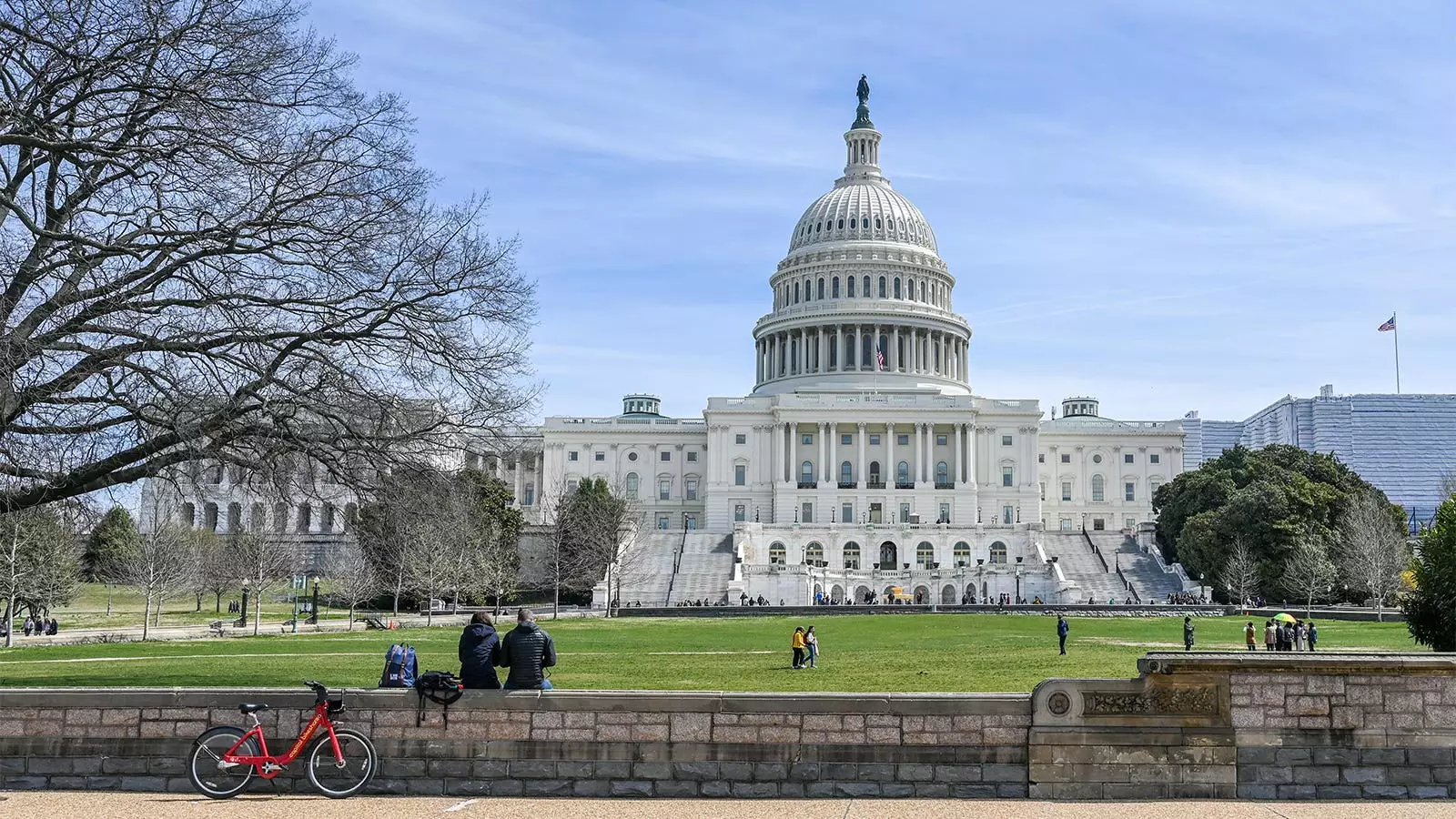The recent congressional elections have drawn significant attention, particularly in the context of healthcare representation. As voters took to the polls to determine not only the presidency but also the composition of the entire House of Representatives, the implications for healthcare policy and representation were profound. From physicians to nurse practitioners, the presence of medical professionals in Congress has been notable, and their election results from the recent elections warrant a closer look.
In the 2023 elections, a variety of healthcare professionals ran for congressional seats, aiming to bring their expertise to legislative discussions that directly affect the nation’s healthcare system. Candidates from various specialties, including emergency medicine, obstetrics, and pulmonology, have emerged on both sides of the political aisle. Despite their professional credentials, the outcomes of these races highlight the challenging dynamics of politics where experience in a medical field does not necessarily equate to electoral success.
Several key races featured medical professionals this election cycle, illustrating the close ties between healthcare issues and the electoral process. For instance, in Arizona’s District 1, incumbent David Schweikert faced competition from Dr. Amish Shah, an emergency physician. As of the latest counts, the race was too close to call, indicating a highly competitive political landscape fueled by candidates who understand the intricacies of health policy.
A broader examination of the election results reveals a mixed bag for candidates with medical backgrounds. Dr. Prasanth Reddy, an oncologist running in Kansas District 3, lost to incumbent Rep. Sharice Davids. This underscores the challenges faced by non-incumbent candidates, particularly in districts where established representatives have built strong voter bases.
Conversely, several healthcare professionals achieved significant victories. In Minnesota’s District 3, Dr. Kelly Morrison, an ob/gyn and state senator, secured a decisive win over her opponent with a commanding 58% of the vote. This victory not only reflects approval from constituents but also emphasizes the importance of having diverse voices in Congress, particularly those that can advocate for women’s health issues.
Missouri’s District 3 saw Dr. Bob Onder, a lawyer and allergist, successfully defend his seat by a considerable margin against his Democratic challenger, illustrating that incumbency can play a crucial role in electoral outcomes, even amidst rising political polarization.
The outcomes of the elections also revealed underlying partisan dynamics inherent in U.S. politics today. For instance, Dr. Maxine Dexter, a Democratic pulmonologist in Oregon District 3, achieved a resounding victory, which could indicate a growing acceptance of healthcare professionals in the Democratic party, particularly in regions that prioritize healthcare reforms.
On the flip side, the losses experienced by candidates such as Dr. Kristin Lyerly in Wisconsin suggest that even qualified medical professionals may struggle in competitive districts where party affiliation outweighs individual credentials. As constituents continue to prioritize specific political agendas over personal qualifications, the future for physician lawmakers remains uncertain.
The broader implications of these election results extend into the upcoming legislative sessions, as the House will soon be losing several significant physician members, including those who have served various roles related to health policy. The departure of figures like Rep. Mike Burgess and Rep. Brad Wenstrup highlights a potential gap in legislative expertise on health matters, prompting questions about who will fill that void.
Thus far, the results indicate an ongoing trend where healthcare professionals can heavily influence policy discussions, but their presence in Congress is subject to the whims of the electorate. As the House prepares for new sessions, one must consider who will carry forward critical health-related legislative initiatives amidst shifting political landscapes.
This election cycle has demonstrated both the potential for healthcare professionals to influence policy and the realities of navigating the turbulent waters of U.S. electoral politics. The journey for medical candidates continues, emphasizing the need for robust advocacy and engagement within the healthcare community to ensure that their voices resonate in future legislative endeavors.


Leave a Reply